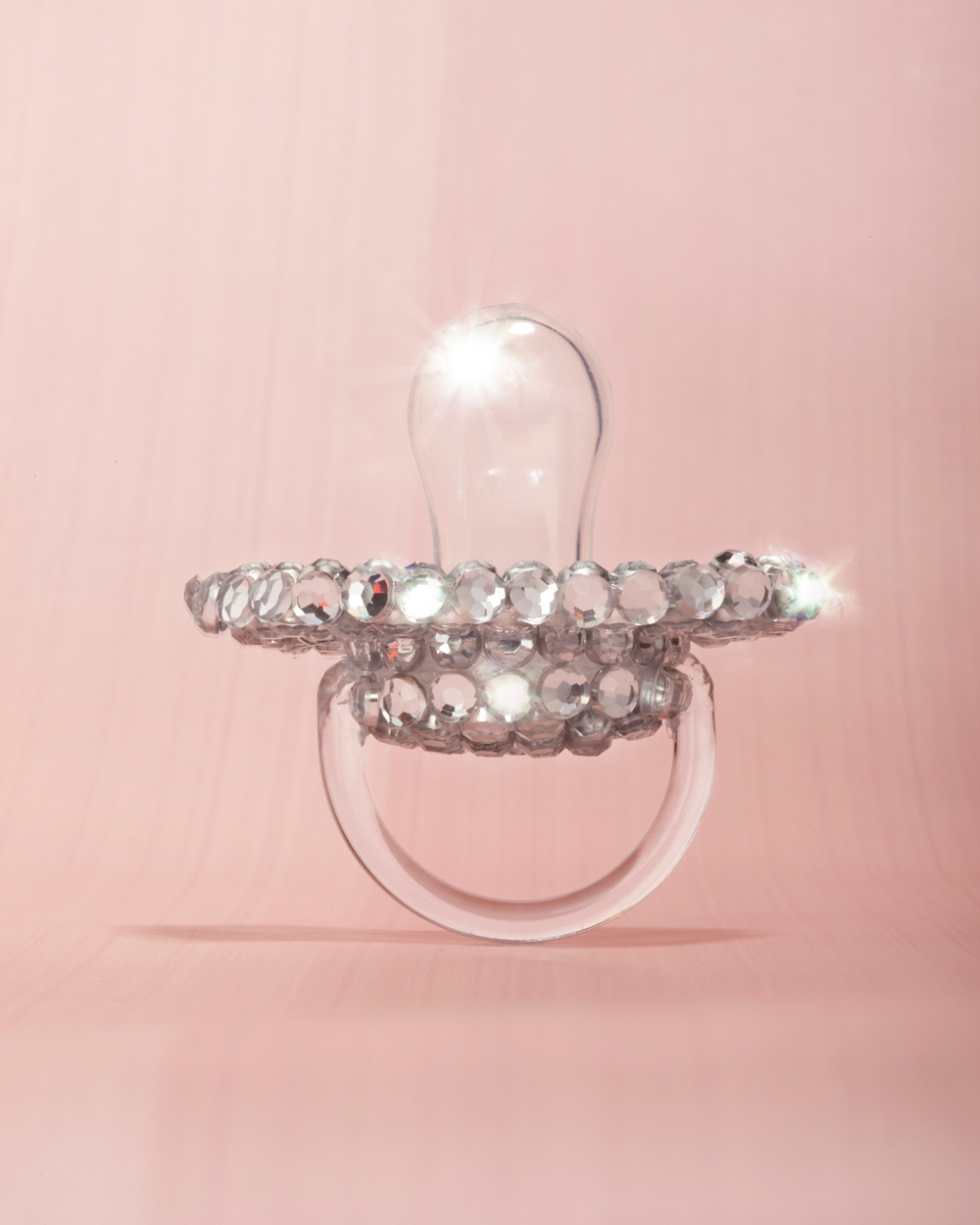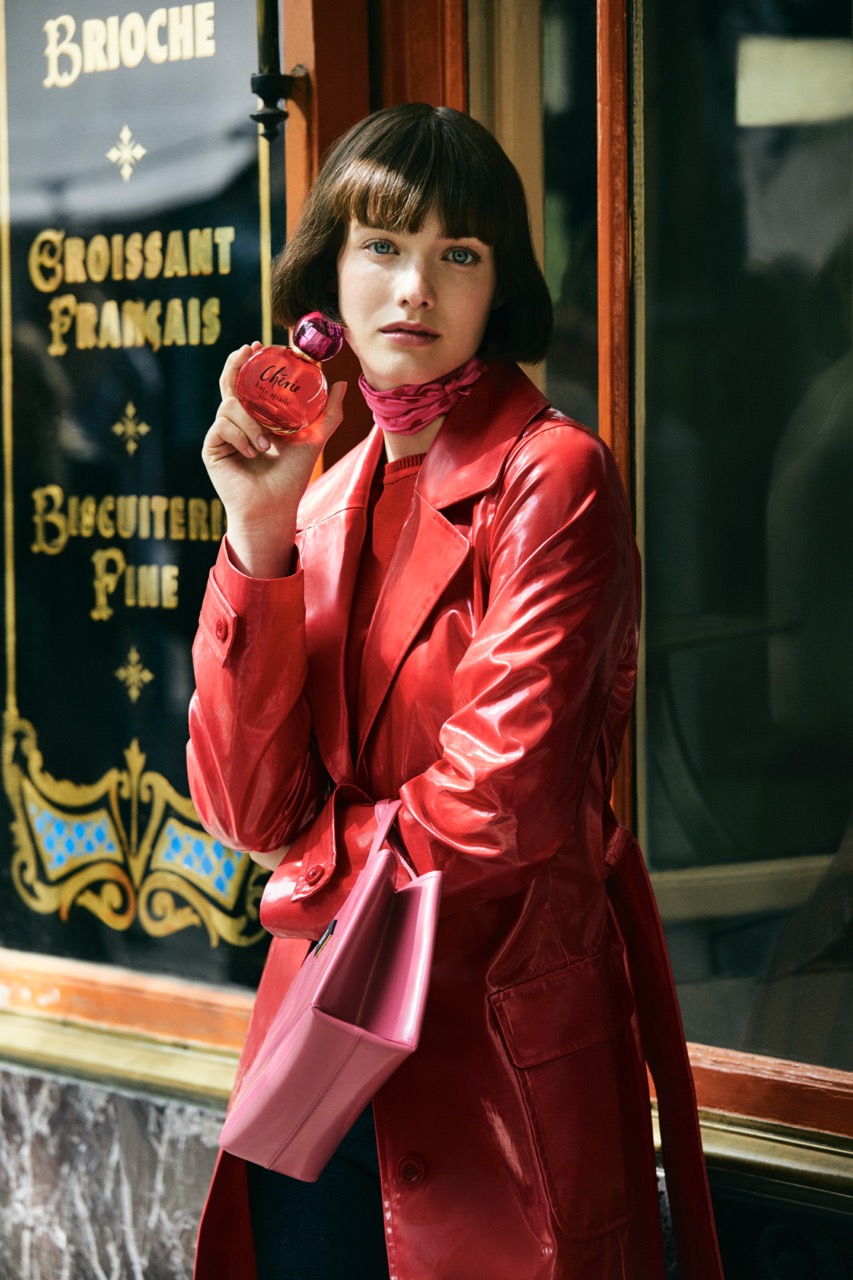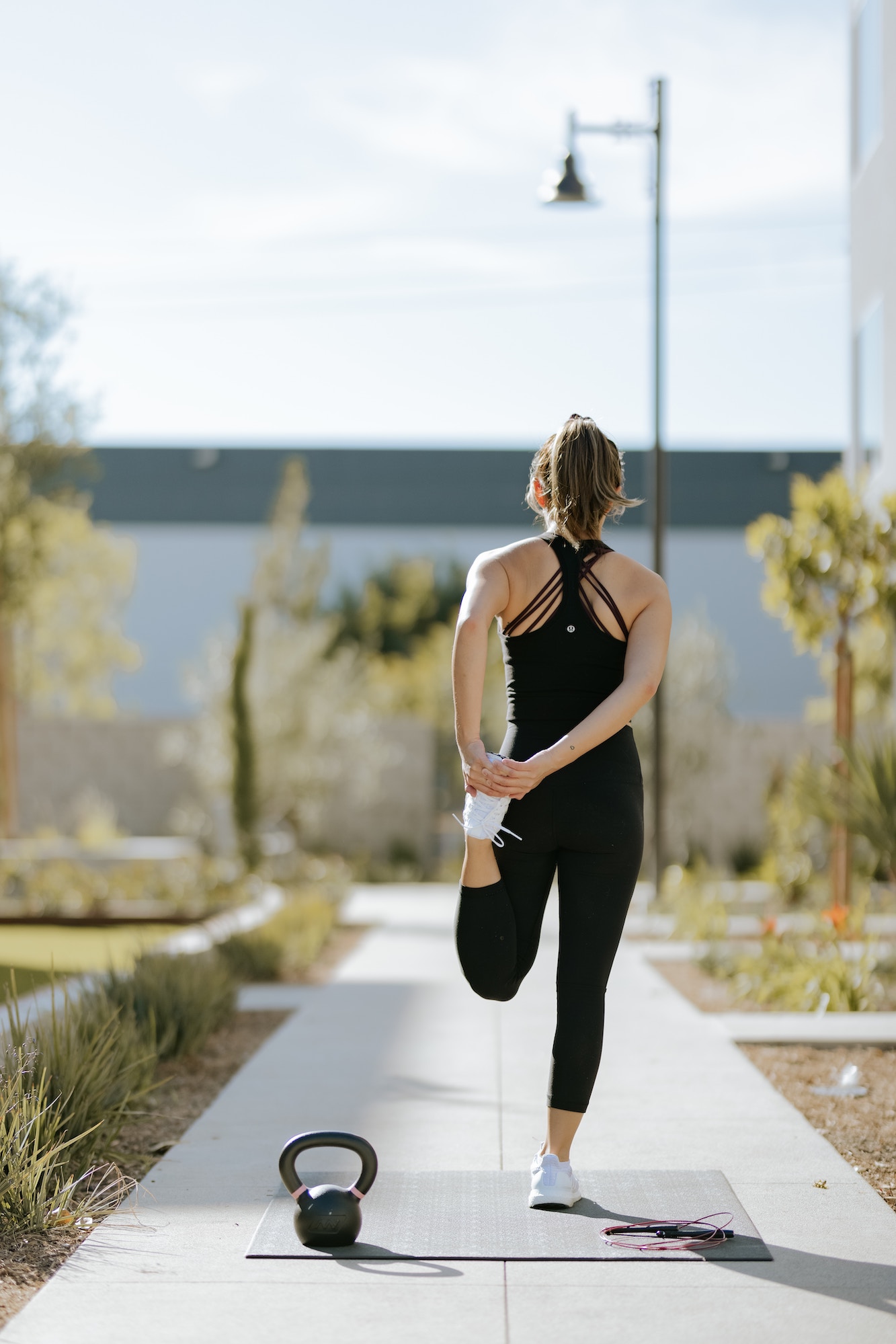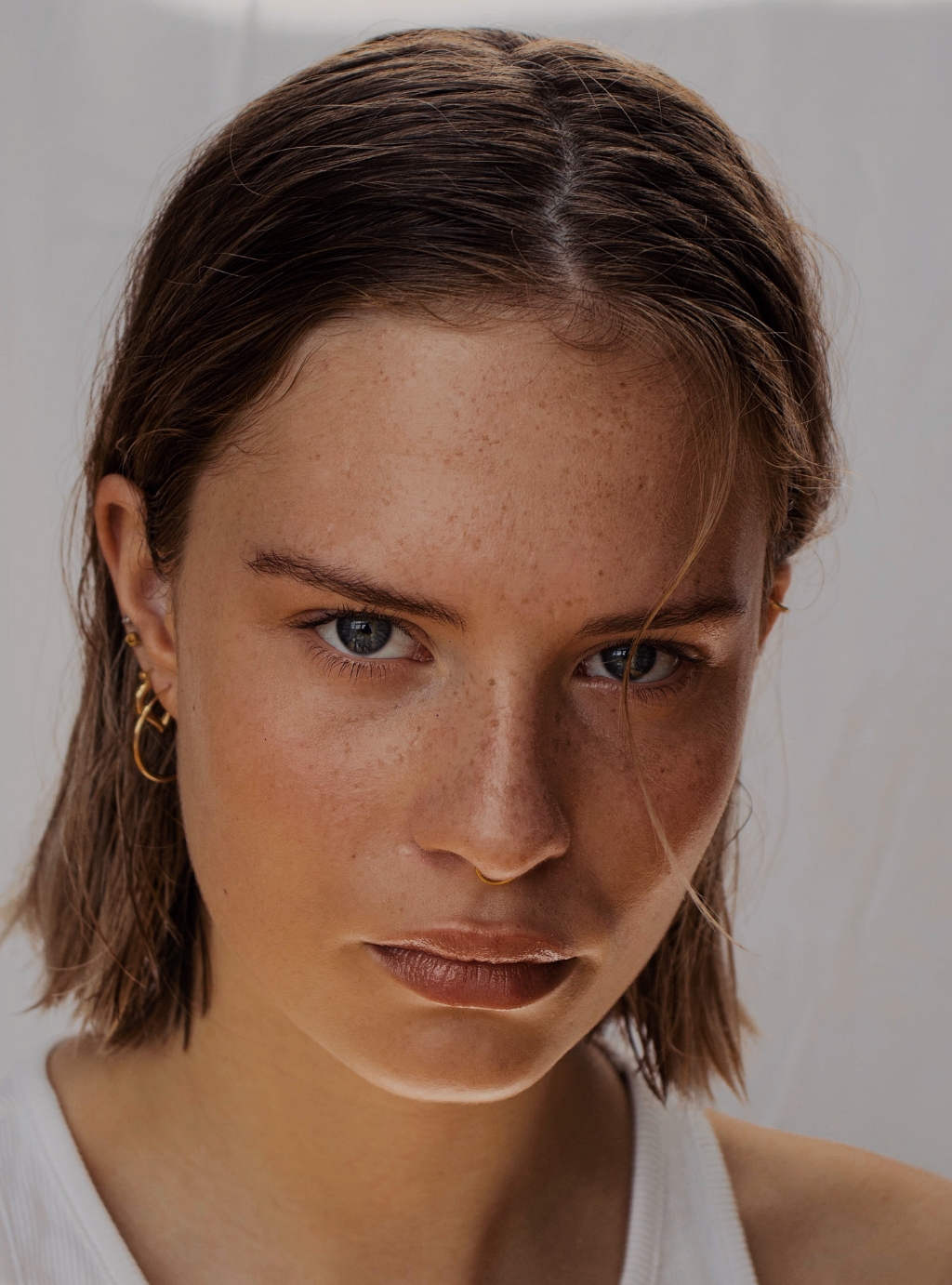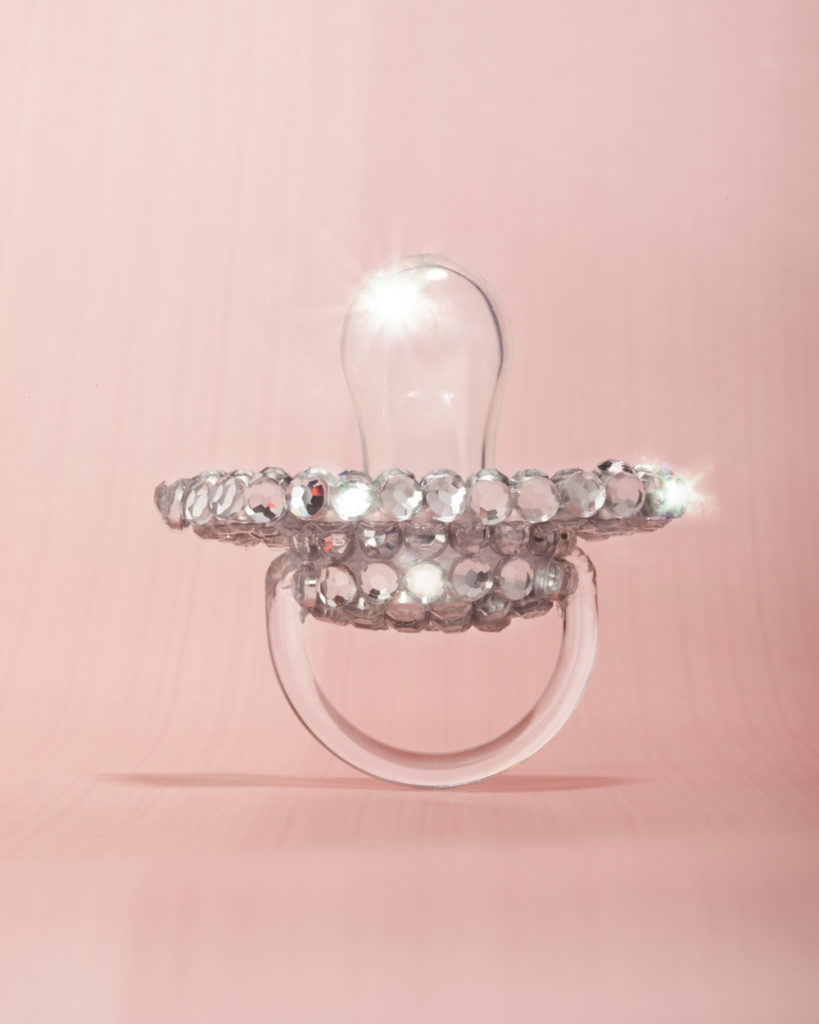
‘Sometimes we need to step out of our own stories and play a supporting role in someone else’s’
The year before last I was sat in my favourite local café at 8.30am having breakfast when I got the message. I was going through a bad breakup, the kind that leaves your sense of self completely shattered. Staring into my large Americano with soya milk, I was wondering how I’d put all the pieces back together again and realising that I probably wouldn’t look quite the same once I did. I had also just left an absolutely terrible job and, true to form, woken up ten minutes too late to get to the gym class I’d spent my last tenner on.
The picture I’m painting could appear, at first glance, quite pathetic, about as profound as a glib and hackneyed Carrie Bradshaw about to look into the camera and say ‘it was all a bit shit but I couldn’t help but wonder if this was actually the making of me’ this was one of those moments that sticks in your brain, becoming a marker that helps to trace back through the different stages of you.
That grey, drizzly morning marked the end of something, a finite conclusion to a part of my life and a definite beginning of something new. I hadn’t heard from my best friend for a while, I realised as I emerged from solipsistic self-pity. Was she OK? Why had she not been in touch? Why had she not replied to my last message? I began to type ‘Hey mate’ when I saw three little dots appear above the text box. She, too, was typing. The words appeared, ‘I have something to tell you!’ I called her instantly. ‘I’m pregnant’, she said. I felt all of the hairs on my arms stand to attention.
When we had finished talking, I said ‘goodbye’, hung up first and cried. My coffee had gone cold. I wasn’t sad but this was an ending, as well as a beginning. Her life had just changed and, whether I liked it or not, mine was changing too as I entered into the second half of my twenties.
When an old friend, one of the ones you’ve become a person alongside gets pregnant and you’re not at that life stage yet it will, unavoidably, alter the dynamic of your relationship. It might also throw your own life into sharp relief, illuminating some of the dark, deep canyons that you’ve been allowing to remain out of sight, out of mind.
Your mid to late twenties are punctuated with big questions, some rhetorical and some in need of urgent answers: is this the career I actually want? Is this person somebody I want to commit to? What sort of person do I want to be and do my actions reflect that? For the most part, your friends are mirrors throughout these struggles as they also try to eke some sense and certainty out of the ether. You’re in the process of becoming together and, because you have each other, it’s bearable. Some people will get married, some will break up, some will buy houses, some will move home, some will move far away, others will come back and some will get pregnant. Some of them will have abortions and others will have babies.
Whether a friend is deciding to have a baby or not, she’s going to need you. Platitudes and clichés notwithstanding, there is no turning point in a woman’s life getting pregnant. My friend was becoming a mother, her boyfriend was becoming a father and, in a few months’ time, they would bring another person into the world together. When it comes to your friendship there are things that will change immediately, it won’t necessarily be better or worse but it will be different.
Beyond the obvious – not getting drunk and staying out too late – I was surprised by what changed. I suddenly felt protective of my friend in a way that I never had before. I have always felt protective of my friends, but this was something different, more instinctive and less emotional. I would worry about her when we were crossing the road and alter plans slightly to make sure she wouldn’t have to stand around for too long. I never told her this. I also did everything in my power to change all of our conversations with other people who asked her the same questions about pregnancy over and over again on a loop. I also became more organised when I found out she was having a baby, making plans and sticking to them. Spontaneity is important and part of me is still mourning our old life, the one in which we decided to take an 8-hour drive at 11 pm on a Wednesday, but I’ve learned to appreciate planning and scheduling our time together. This has been as formative as that late night journey, on which we learned so much about ourselves and each other (particularly when the boot fell off of her car in the middle of a storm).
Her baby is now just over a year old. I was, selfishly, worried that her arrival would cause us to drift apart. The opposite has proved to be true, she has brought us much closer together. The respect I feel for my friend, who is now juggling being a mother with all the other stuff we’re all constantly figuring out is endless. I have also learned, from her, that nobody is ever 100% sure of anything and that sometimes you just have to commit to the unknown; anything worth having in life will come at the expense of something else and you can’t have it all your way, all of the time.
In the film Beaches, Bette Midler and Barbara Hershey play two best friends. It’s a story about growing up, growing apart, growing back together again and, above all, growing up. It spans both of their lifetimes and tracks them both through heartache, loss, success, jealousy and acceptance. In that film, as in real life, it is motherhood which, ultimately, cements their bond and respect for each other, putting everything else into perspective.
As we grow up, our paths might diverge and our decisions might differ but what doesn’t change is the reflective and symbiotic nature of our friendships. You might find yourself at different life stages quite suddenly but your friends will never stop holding a mirror up to your own life. Sometimes it might be difficult to look at but that’s how we learn what we want, realise what we don’t want and, most importantly of all, remember that sometimes we need to step out of our own stories and play a supporting role in someone else’s.

